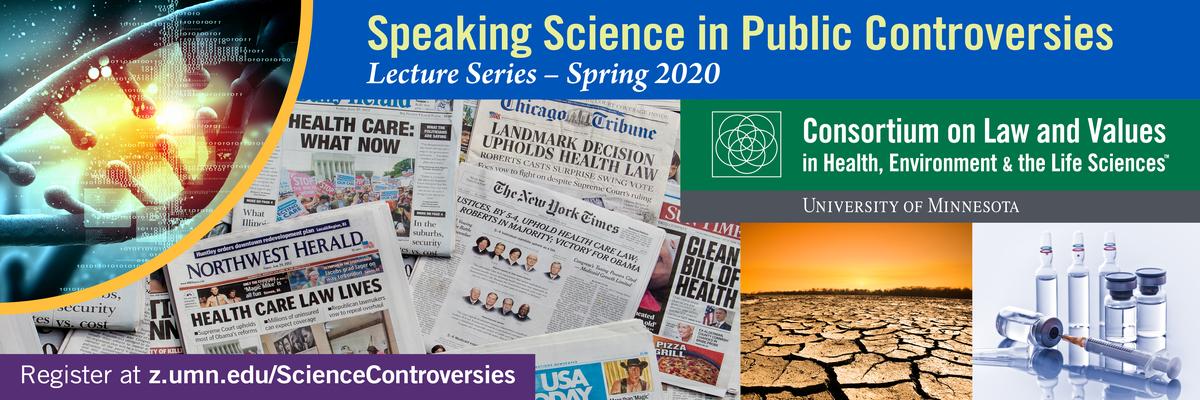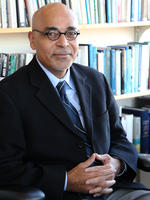
Kasisomayajula Viswanath, PhD
Lee Kum Kee Professor of Health Communication, Harvard T. H. Chan School of Public Health (HSPH) and McGraw-Patterson Center for Population Sciences at the Dana-Farber Cancer Institute (DFCI)
A signal feature of the 21st century is the significant advances in life sciences that are yielding tremendous dividends in the improvement of health and well-being across the globe. Yet, it is clear that benefits from this life-sciences revolution are accruing unequally across population groups. Part of the reason lies in the way we communicate science to different groups, resulting in significant science communication inequalities. Communication inequalities are an enormous threat to health and well-being in the 21st Century for individuals, families, and communities. This lecture will illuminate the reality of communication inequalities and the serious health consequences. By focusing on the communication needs of the poor and underserved, this lecture will offer concrete and responsive strategies for reducing communication inequalities to advance individual and population health.
Commentator:
Sarah Gollust, PhD
Associate Professor
Division of Health Policy and Management
School of Public Health
University of Minnesota
Moderator:
Susan M. Wolf, JD
Chair, Consortium on Law and Values in Health, Environment & the Life Sciences
McKnight Presidential Professor of Law, Medicine & Public Policy
Faegre Baker Daniels Professor of Law
Professor of Medicine
University of Minnesota
Continuing Education Credits:
Continuing Medical Education
Accreditation Statement
In support of improving patient care, University of Minnesota, Interprofessional Continuing Education is jointly accredited by the Accreditation Council for Continuing Medical Education (ACCME), the Accreditation Council for Pharmacy Education (ACPE), and the American Nurses Credentialing Center (ANCC) to provide continuing education for the healthcare team.
Credit Designation Statements
American Medical Association (AMA)
The University of Minnesota, Interprofessional Continuing Education designates this live activity for a maximum of 1.25 AMA PRA Category 1 Credits™. Physicians should claim only the credit commensurate with the extent of their participation in the activity.
Other Healthcare Professionals
Other healthcare professionals who participate in this CE activity may submit their statement of participation to their appropriate accrediting organizations or state boards for consideration of credit. The participant is responsible for determining whether this activity meets the requirements for acceptable continuing education.
Continuing Legal Education (CLE) for Attorneys
1.5 Continuing Legal Education (CLE) credits for attorneys have been approved. Event Code #279224
Following the completion of this activity, learners should be better able to:
- Describe the challenges posed by health disparities and be better prepared to treat patients.
- Describe the impact of U.S. and global communication inequalities when serving disadvantaged populations.
- Discuss strategies to improve collaboration with public health authorities.
